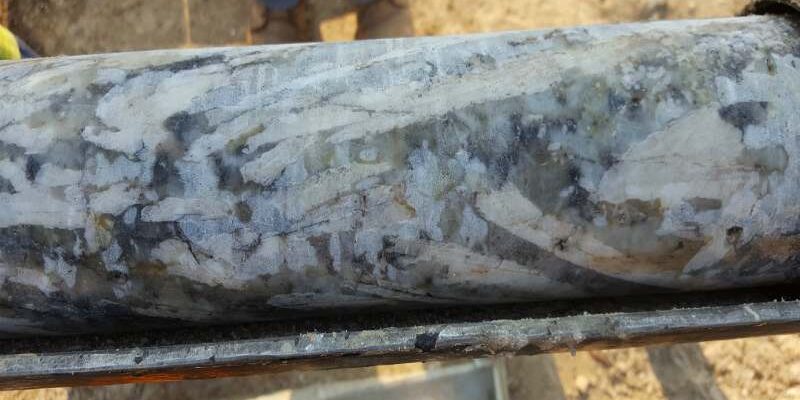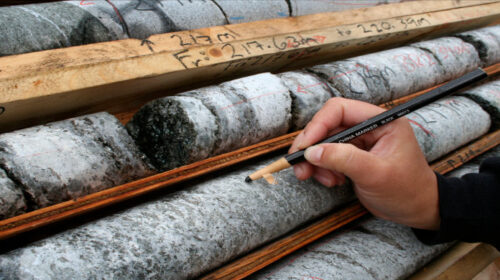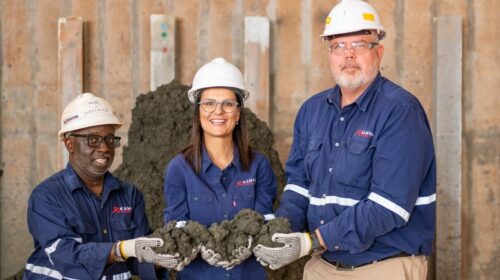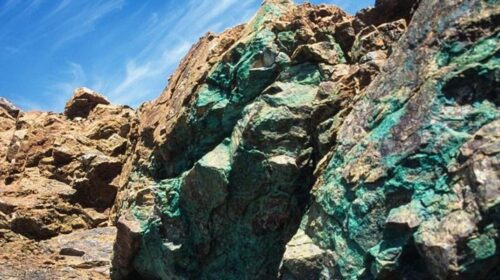DRC lithium sector faces potential supply chain risks – report
A new investigation into the Democratic Republic of Congo’s (DRC’s) nascent, but globally significant, lithium sector sounds the alarm on a swathe of potential supply chain risks, with Global Witness’ report raising key questions about how future production and its environmental impacts will be managed and who stands to benefit if the DRC’s lithium deposits are to meet the growing demand for minerals critical to renewable energy technologies.
Set to start in 2023, the country’s lithium production is driven by richer nations’ efforts to decarbonise their economies, with global lithium demand forecast to grow 40 fold by 2040.
Global Witness warns that, unless regulators, companies and investors take urgent action, potential environmental and human rights risks, as well as a lack of accountability and transparency, could end up hardwired into the sector.
Global Witness’ investigation looked at a sample block of 51 mining concessions, concentrated close to the town of Manono in southern DRC, where globally significant, hard-rock lithium deposits have been discovered.
Three companies – AVZ Minerals, Critical Resources and Tantalex Resources – have publicly announced plans to carry out lithium exploration or production at mining concessions in the area.
However, drawing back the curtain on the companies and people involved in this new, potentially globally significant lithium industry, the investigation found concessions on and around DRC’s lithium deposits that are or were held by or involved a small number of people with close business relationships, including a now-serving government official and those reportedly close to a former President of the DRC.
Local Manono communities appear to have a differing and, at times, unclear understanding of the projects and risks related to the impact of the lithium mines, including their environmental impacts.
“For decades, Global Witness has documented how humanity has already pushed the planet to the brink through reckless management of fossil fuels and minerals. We must not repeat those mistakes with the energy transition. Our investigation shows that investors need to think critically before endorsing the DRC’s lithium sector.
“Company contracts, payments and beneficial ownership in key deals are not being fully disclosed, despite this being required by Congolese law. Companies must also ensure they fully respect the environment and communities in the mining areas,” says Global Witness natural resource governance campaign head Paul Donowitz.
“There is a small window of opportunity to address the potential supply chain risks in the DRC’s lithium sector, before production begins. Companies, investors and governments – both of the DRC and companies’ home states – must act now or the whole industry risks being seriously undermined by governance risks and harms to people and the planet,” he adds.
Global Witness, therefore, makes some recommendations in that companies should finance, produce, use or trade DRC’s lithium to ensure that their investments and operations, as well as those of their subsidiaries and suppliers, adhere to international governance, environmental and human rights standards, and all existing Congolese laws, whichever are stronger.
In addition, it recommends that companies take responsibility to conduct, disclose and implement robust due diligence policies and procedures to prevent, identify, mitigate and account for human rights, environmental and governance risks in their operations, including supply chains and business relationships.
The Congolese government should ensure disclosure of all beneficial owners of mining companies, mining contracts and public, project-level payment reporting for all of Congo’s mining contracts, in line with Extractive Industries Transparency Initiative reporting standards and best practice, it says.
![]()





